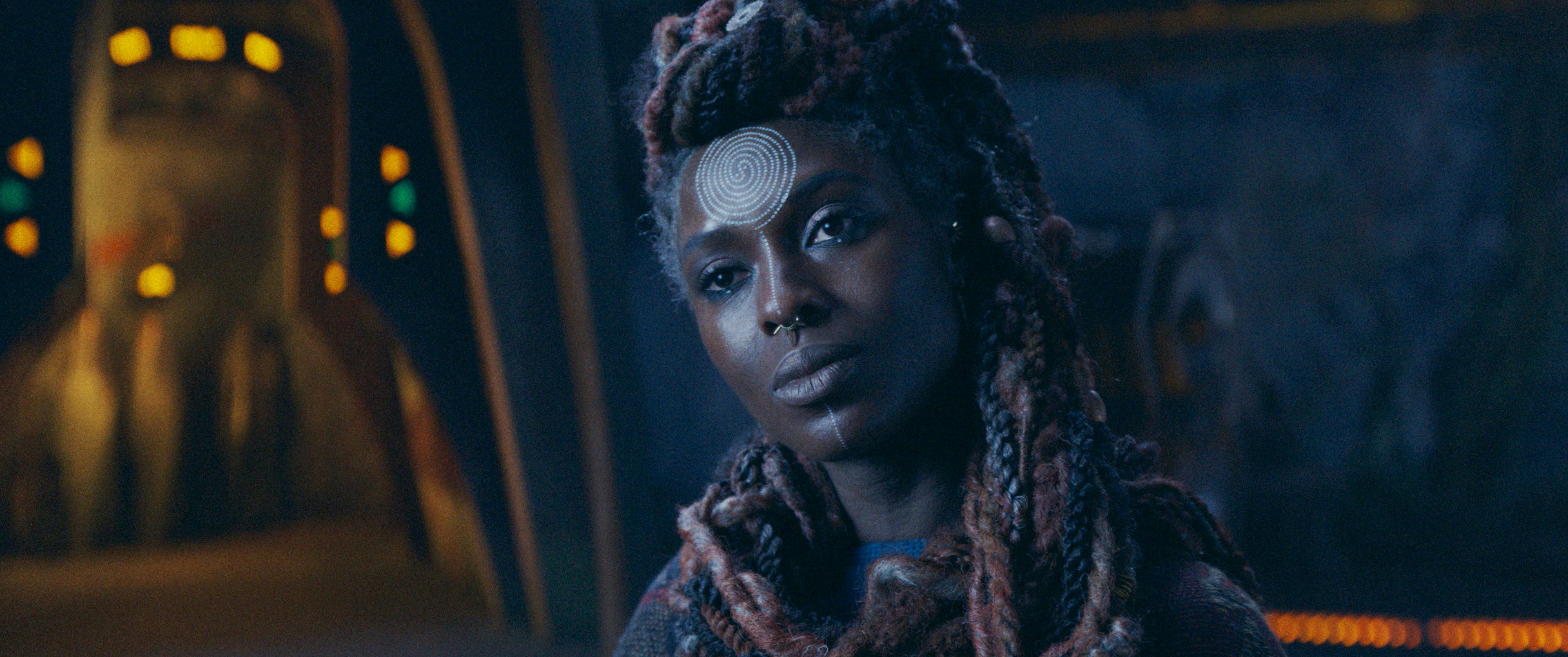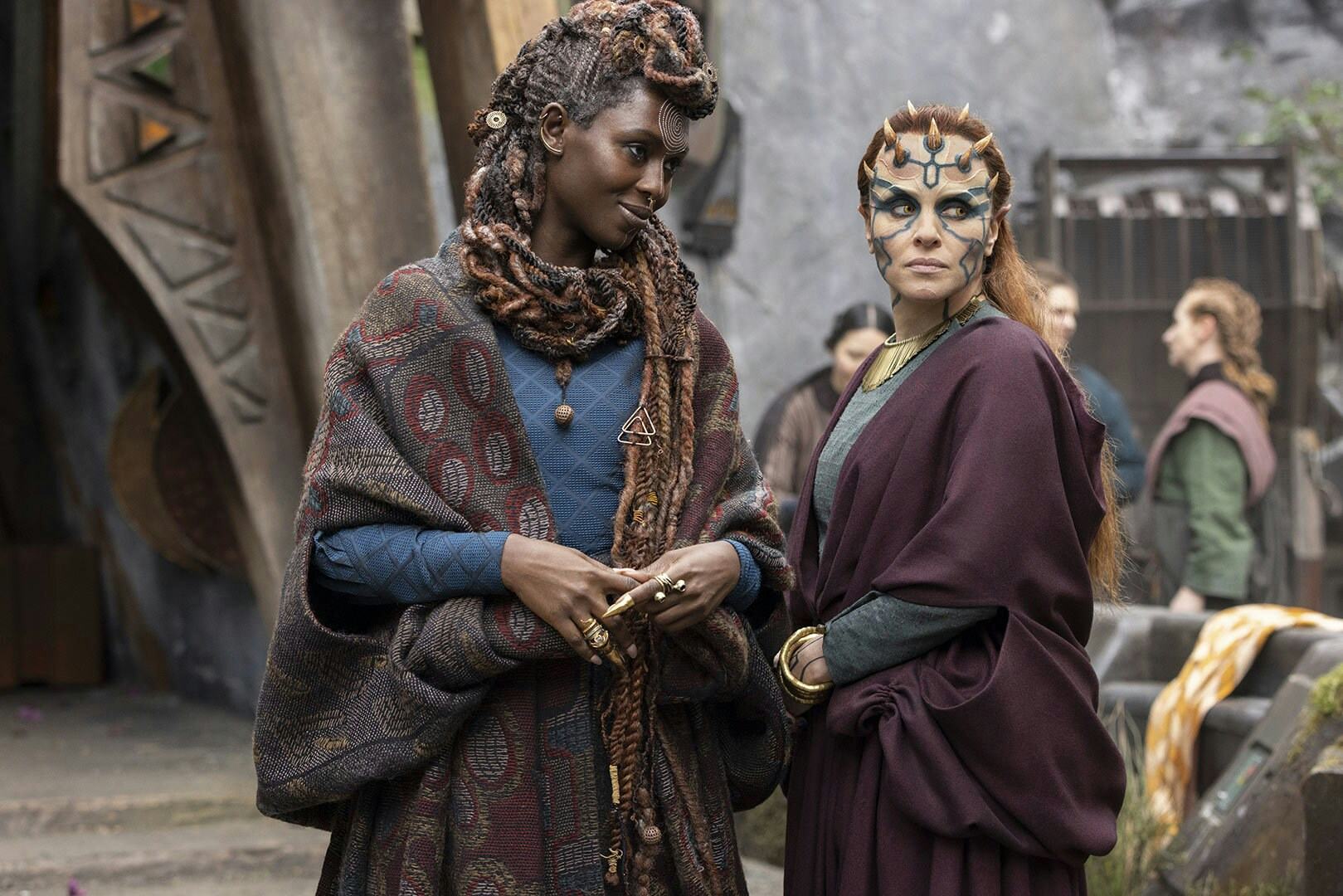
It’s hard to believe that it’s been months since Lucasfilm canceled The Acolyte. The Star Wars series, however divisive, was one of the most exciting franchise offerings in years — and though its first season left a bit to be desired, most seemed to agree that it had plenty of potential otherwise. Not only had it pulled back the curtain on a chapter of Star Wars lore that had never been explored; it was also making great use of material from non-canon Legends. By most (sensible) accounts, it was any Star Wars fan’s dream, and most hoped that future seasons would deliver on the promise of the first.
Unfortunately, it just wasn’t to be. When Deadline revealed the show’s cancellation in August, it cited low viewership as the main reason. That may be part of the reason Lucasfilm chose to pull the plug; though some insiders believe the studio was attempting to placate a vocal, toxic sect of the fandom, viewership has become a major deciding factor in the future of a series. Netflix has canceled its fair share of original projects over low streaming numbers, and its contemporaries have been following that same practice in recent years.
It’s never been more difficult for a series to gain a foothold in the streaming era, and those behind the scenes — including The Acolyte’s own Jodie Turner-Smith — have no problems addressing the pitfalls of the streaming era.

Turner-Smith appeared in The Acolyte as Mother Aniseya, a powerful, Force-wielding witch and mother to the show’s twin protagonists. Though she only signed on for one season of the series, the actor was still disappointed to hear of its cancellation.
“I loved that show,” Turner-Smith tells Inverse in an interview promoting her new spy series, The Agency. “I’ve watched a bunch of very talented actors really give all of themselves to it. And huge fan of Leslye Headland. I think she did such a great job with the material. I was rooting for them to keep going.”
That Lucasfilm chose to give up on the show before it had a chance to realize its potential was especially demoralizing. “Sometimes things need to grow,” Turner-Smith adds. “Sometimes it’s not enough to just have one season... You can give a show an opportunity to grow and see how it can be better.”
For Turner-Smith, shepherding a new series should be akin to “opening a really nice bottle of wine. Sometimes you need to let that thing breathe.”
Such a statement should be a no-brainer — after all, that’s how studios approached television for decades — but the streaming era has effectively changed the way companies like Disney produce within the medium. The TV industry feels less more unstable than its ever been: The Acolyte wasn’t the first casualty of this new era, and if Turner-Smith’s advice goes unheeded, it definitely won’t be the last.







